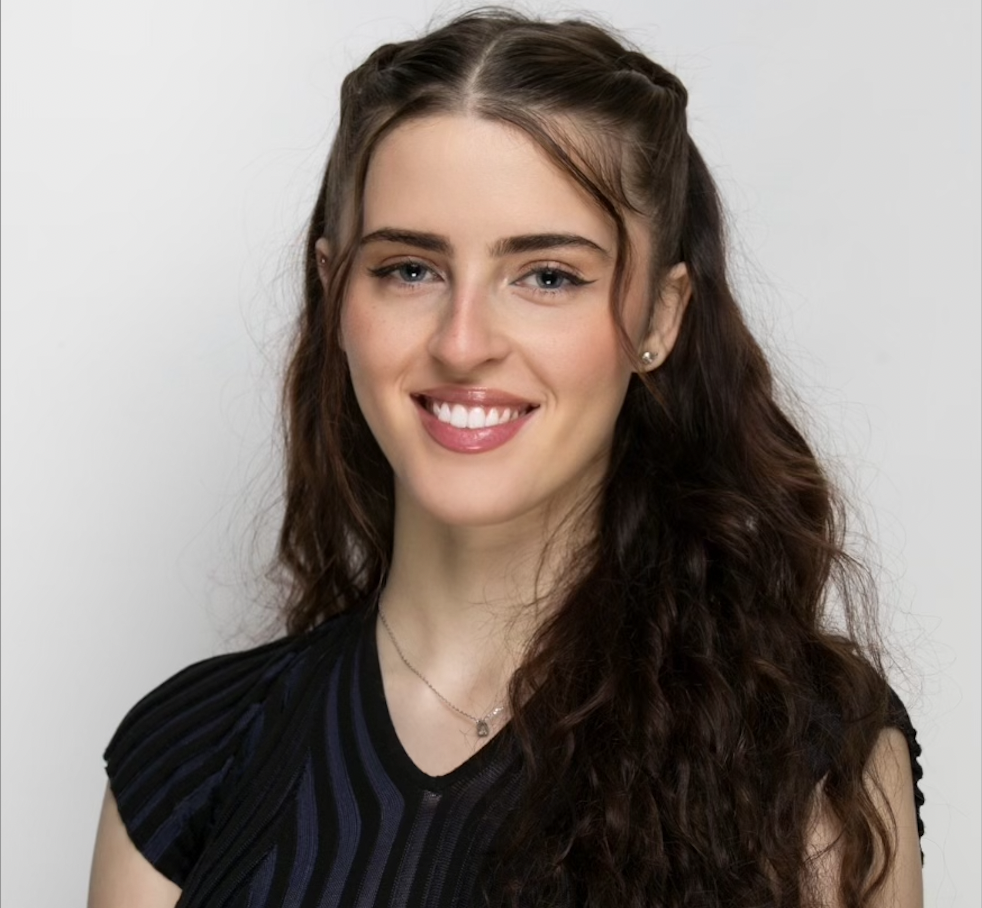ABOUT THE MILLENNIUM FELLOWSHIP - CLASS OF 2023
United Nations Academic Impact and MCN are proud to partner on the Millennium Fellowship. 44,000+ student leaders from 3,300+ campuses across 170+ nations applied to join the Class of 2023. 260+ campuses worldwide (just 9%) in 38 countries were selected to host 4,000+ Millennium Fellows for the Class of 2023.

UNITED NATIONS ACADEMIC IMPACT AND MCN PROUDLY PRESENT POPPY PIERCE, A MILLENNIUM FELLOW FOR THE CLASS OF 2023.
University College London | London, United Kingdom | Advancing SDG 10 & UNAI 1 | Emerging Technologist

Millennium Fellowship Project: Fresh Start SMS
We are introducing an innovative project that gives people access to the basics they need. Our idea is to establish a charity, called Fresh Start SMS, that provides hygiene kits to homeless families with children under 5, arranged via text messaging service. Our project would be working towards addressing the Sustainable Development Goals, particularly focusing on health sanitation, health inequality, and poverty. We are in the early stages of conceptualising the project, and are currently developing a Proof-of-Concept report to determine its feasibility and acceptability before bringing our vision to fruition.
Good hygiene practices can be a complex challenge for homeless individuals. This not only poses a risk to physical wellbeing, but can also affect mental health, lowering self-confidence and leaving individuals feeling left behind by society.
Hygiene kits for homeless individuals can be a transformative solution. These kits comprise essential personal hygiene items, enabling individuals to engage in self-care and have a fresh start. Our project aims to remove the current physical and practical barriers to accessing hygiene care and improve the current distribution of donated hygiene products.
The main differentiator of this service compared to current distributors is that all kits are personalised, therefore individuals receive only what they want and need. In addition, we envision a system where individuals can easily request their kit via an automated text messaging service, accessible on all phones. By implementing a system that generates a unique identifier code, we also aim to ensure that the process remains anonymous. This prevents others from knowing what they have requested, and removes the potential shame of requesting more ‘stigmatised’ products such as sanitary pads and condoms.
Despite the perceived barrier of mobile phones being inaccessible to this population, we have found through primary and secondary research that most of the homeless population do own a phone, albeit not a smartphone but atleast a functional phone. Our project will be an automated text messaging service as the messaging expenses can be covered by donors, and the texts can be easily translatable for families who speak different languages.
In order to fund this project, we would put in a funding application to a named organisation, which is a similar strategy used by the third-sector organisations we got in touch with. We would also collaborate with existing donation banks who could provide the resources. Lastly, we would also rely on donations via a “wishlist”, so that we can direct the funds to exactly what we need, but also so that donors can see how their money will be utilised.
We would downscale our project to begin with so we can easily track distribution. We would start by collaborating with an organisation who already has a trusted relationship with this population, in order for them to distribute the kits.
About the Millennium Fellow
Poppy Pierce is a fifth-year medical student at University College London with a Bachelor of Science degree in Women’s Health. She is particularly interested in Inclusion Health, after co-creating a health assessment used by UCLH during the pandemic to help refugees, asylum seekers, and homeless individuals access health services. Poppy seeks to make meaningful contributions to this field of work and has recently completed two research projects based at UCLH on the following, 1) How immigration status and related policies impact access to, provision, and delivery of maternity services for refugees, asylum seekers, and undocumented migrants in Camden, and 2) The impact of digital healthcare on vulnerable pregnant women. Poppy also represents UN Women UK as a delegate at the United Nations Commission on the Status of Women.











